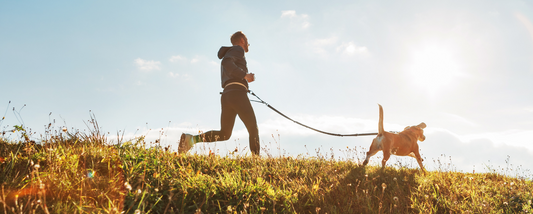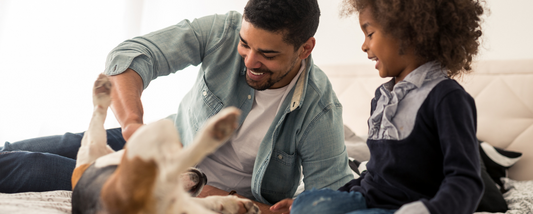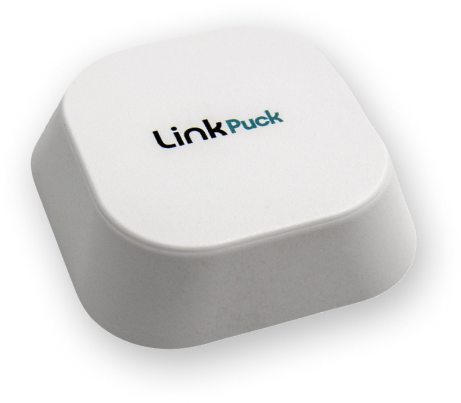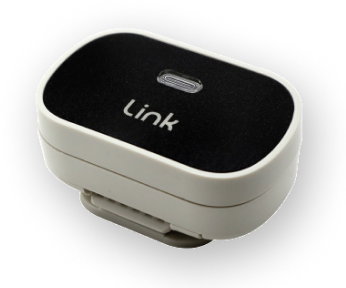We’ve talked here before about some pretty weird behaviors your dog might exhibit. Eating grass, hitting you when you pet them, and scooting their bottom across the floor, to name a few. But is there anything weirder than why a dog eats poop? And more importantly, is it unhealthy?
Doing What Comes Naturally
Research suggests that one in six dogs is a “serious” poop eater, and one in four are what might be termed one-timers. Poop eating, also known as coprophagia, is a completely normal canine behavior with relatively low health risks, but it can expose a dog to harmful parasites and pathogens, especially if they eat another animal’s poop.
There’s no one reason dogs engage in this behavior. It could be:
- A digestive enzyme deficiency.
- Intestinal parasites that absorb important nutrients your dog should be benefitting from.
- Other poor digestion issues that lead your pet to search for more nutrients.
In each of these cases, your dog will eat its own poop to get the nutrients it contains.
There are also behavioral reasons for poop-eating including things like:
- Sheer boredom.
- Looking for attention.
- Stress and anxiety from confinement and/or isolation.
It’s also been observed that the habit is more prominent in homes where there are two or more dogs, so it might be a mimicking behavior. And, of course, puppies might eat their poop because they’re born curious!
How to Handle It
If your pet’s a poop eater, there’s no need to despair. The good news is most dogs don’t make a daily habit of it, and it does usually tone down as they age. As part of being a pet parent, it’s important to accept this as normal behavior while working to eliminate (pun intended) the habit. Here are some ideas:
- Supplements like Vitamin B and meat-based proteins and enzymes can both help to avoid enzyme deficiency.
- Taste aversion products could work. Natural ones include lemon juice, bitter apple, or hot sauce, and there are also some commercial options available.
- Cleaning up immediately after your dog poops removes the temptation.
Just like when your dog engages in other natural instincts, avoid punishing him for poop eating. Instead, work on training him to not want to engage in the habit in the first place. Word commands like “come” and “leave it” work with many dogs. You can also train your pet to expect a small treat after elimination. Different approaches might need to be tried to find the one your dog responds to best.
One final note. If you have an older dog who has never been a poop eater but suddenly develops the habit, a trip to the vet is a good idea. This is doubly true if it’s accompanied by weight loss, vomiting, or other behavioral changes. The vet can test your dog for intestinal tract diseases and other disorders.
Most of the time, poop eating is a harmless habit most dogs grow out of. Getting your pup off to a good start by curbing the behavior before it becomes routine might be all it takes to stop this gross routine in its tracks.





